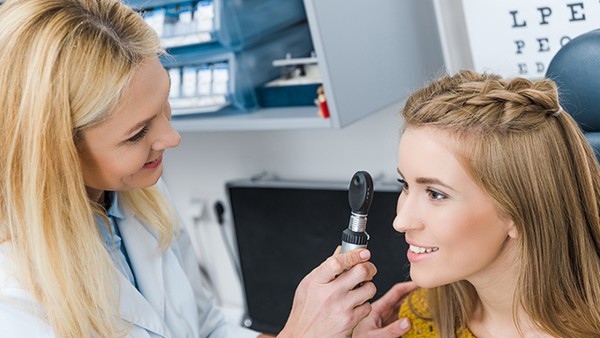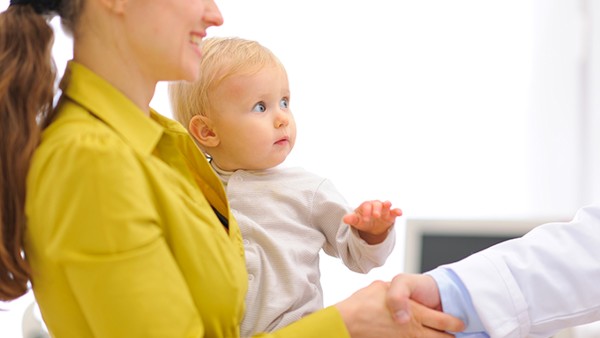How to Treat Sinusitis in Infants and Young Children

Diagnosing Sinusitis
Sinusitis is a common childhood illness that causes inflammation and swelling of the sinuses. The sinuses are air-filled cavities located in the cheekbones, forehead, and behind the nose. When the sinuses become inflamed, they can fill with fluid and mucus, which can lead to pain, pressure, fever, and other symptoms.
Sinusitis is usually caused by a virus, but it can also be caused by bacteria or allergies. In infants and young children, sinusitis is often caused by the common cold virus.
Symptoms of sinusitis in infants and young children can include:
Runny nose (clear, yellow, or green)
Stuffy nose
Sneezing
Cough
Fever
Pain and pressure in the face or forehead
Irritability
Difficulty sleeping
Loss of appetite
If your infant or young child has symptoms of sinusitis, it is important to see a doctor right away. Sinusitis can lead to serious complications, such as meningitis and brain abscess, if it is not treated promptly.
Treating Sinusitis in Infants and Young Children
The treatment for sinusitis in infants and young children depends on the cause. If the sinusitis is caused by a virus, it will usually resolve on its own within 7-10 days. However, there are some things you can do to help relieve your child's symptoms, such as:
Using a saline nasal spray or drops to help loosen mucus
Using a humidifier to add moisture to the air
Giving your child plenty of fluids to drink
Applying a warm compress to your child's face
If the sinusitis is caused by bacteria, your doctor may prescribe antibiotics. It is important to give your child the antibiotics exactly as prescribed, even if your child starts to feel better. Stopping the antibiotics too early can lead to the infection coming back.
In some cases, surgery may be necessary to treat sinusitis. Surgery is usually only necessary if the sinusitis is severe or if it does not respond to other treatments.
Preventing Sinusitis in Infants and Young Children
There is no surefire way to prevent sinusitis in infants and young children. However, there are some things you can do to reduce your child's risk of developing sinusitis, such as:
Washing your hands frequently
Avoiding contact with people who are sick
Keeping your child's environment clean and free of dust and allergens
Using a humidifier to add moisture to the air
Giving your child plenty of fluids to drink
When to See a Doctor
It is important to see a doctor if your infant or young child has symptoms of sinusitis. Sinusitis can lead to serious complications, such as meningitis and brain abscess, if it is not treated promptly.
You should see a doctor right away if your child has any of the following symptoms:
A fever that is higher than 101 degrees Fahrenheit
A headache that is severe or does not go away
Stiff neck
Confusion
Seizures
Rash
Difficulty breathing
Outlook for Sinusitis in Infants and Young Children
The outlook for sinusitis in infants and young children is generally good. Most cases of sinusitis will resolve on their own within 7-10 days. However, some cases of sinusitis may lead to complications, such as meningitis or brain abscess. These complications are rare, but they can be serious.
If your child is diagnosed with sinusitis, it is important to follow your doctor's instructions for treatment. This will help your child recover quickly and reduce the risk of developing complications.
The above is all the content that the editor wants to share with you. I sincerely hope that these contents can bring some help to your life and health, and I also wish that your life will be happier and happier.
Topic: #treat #sinusitis #how













